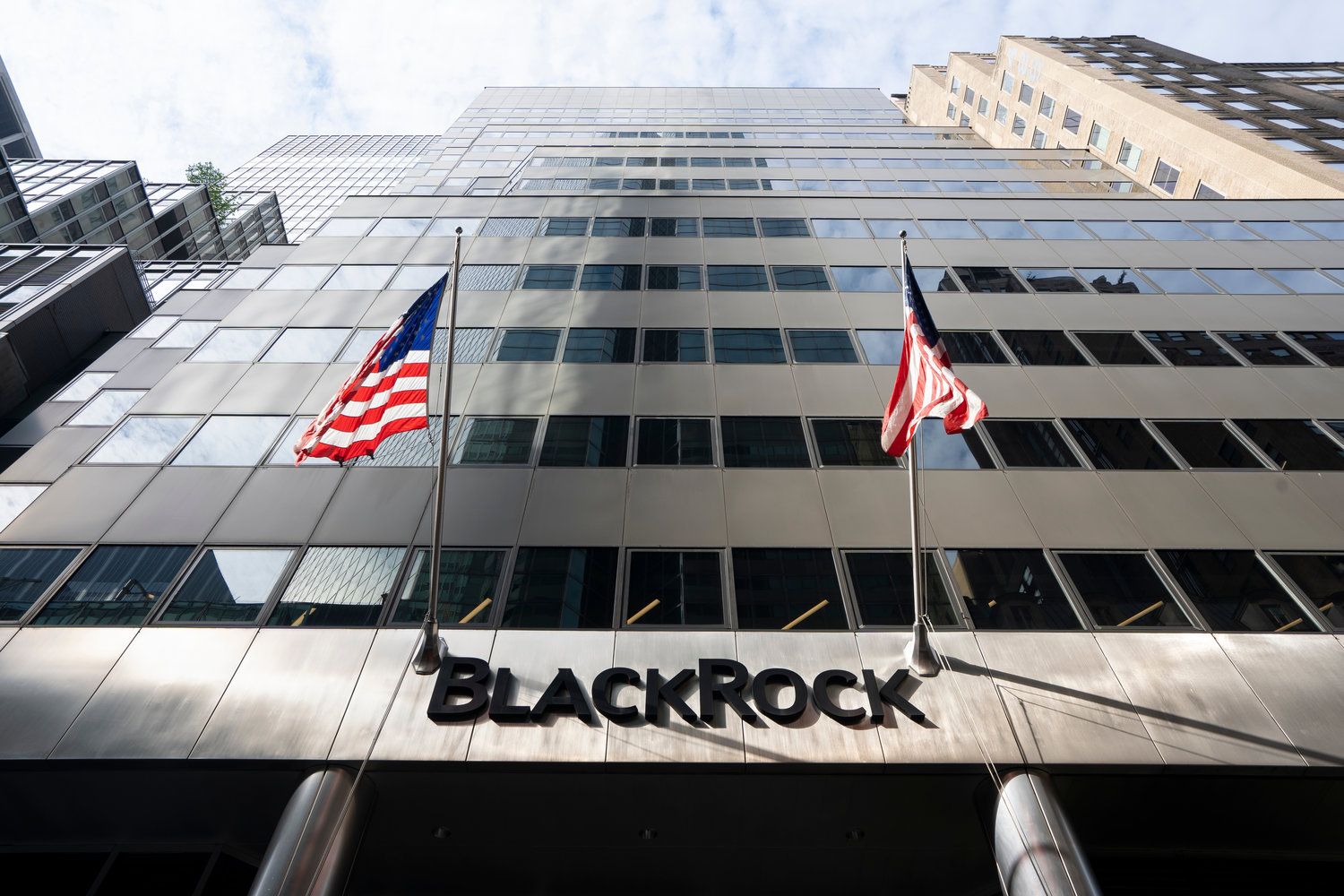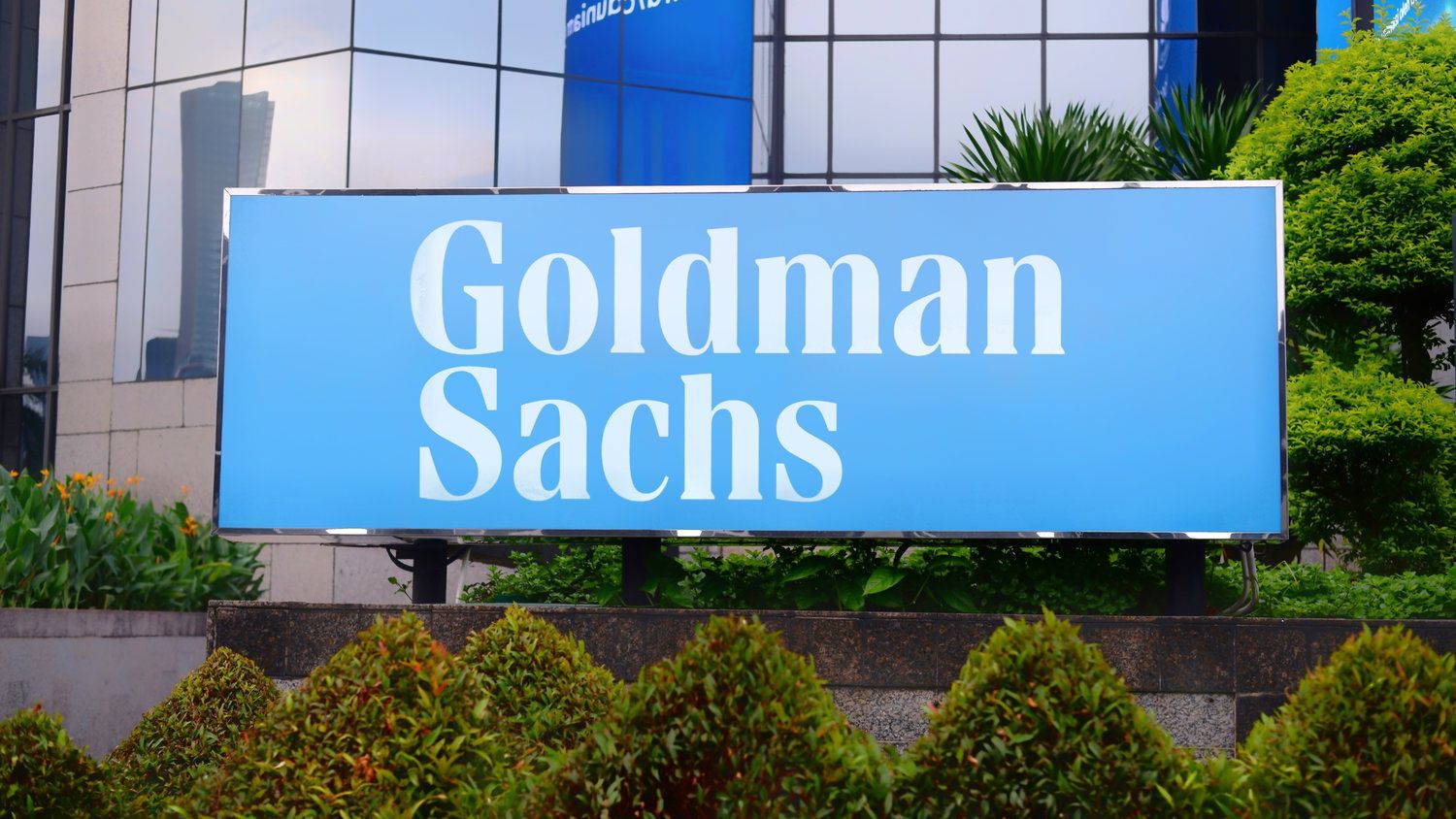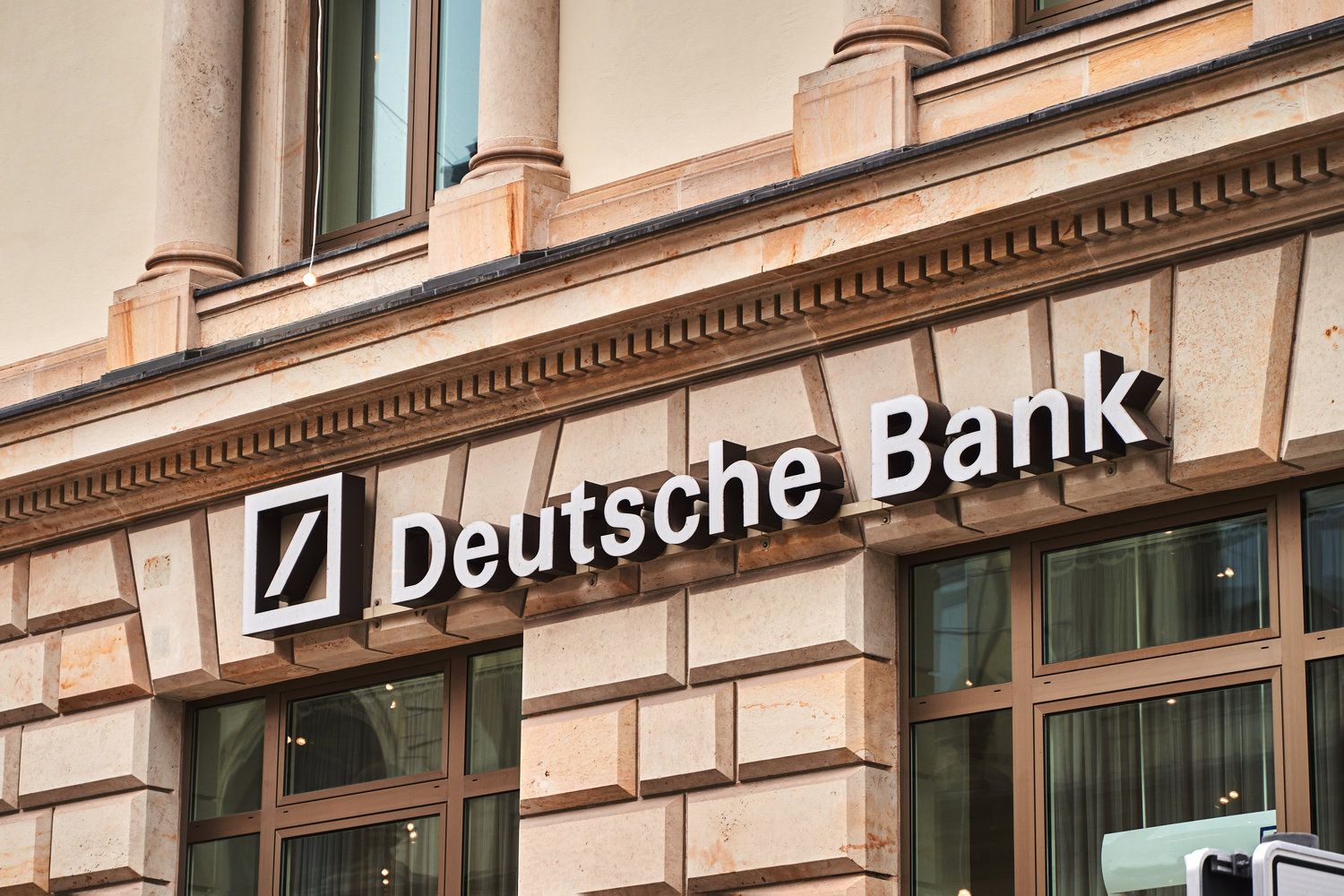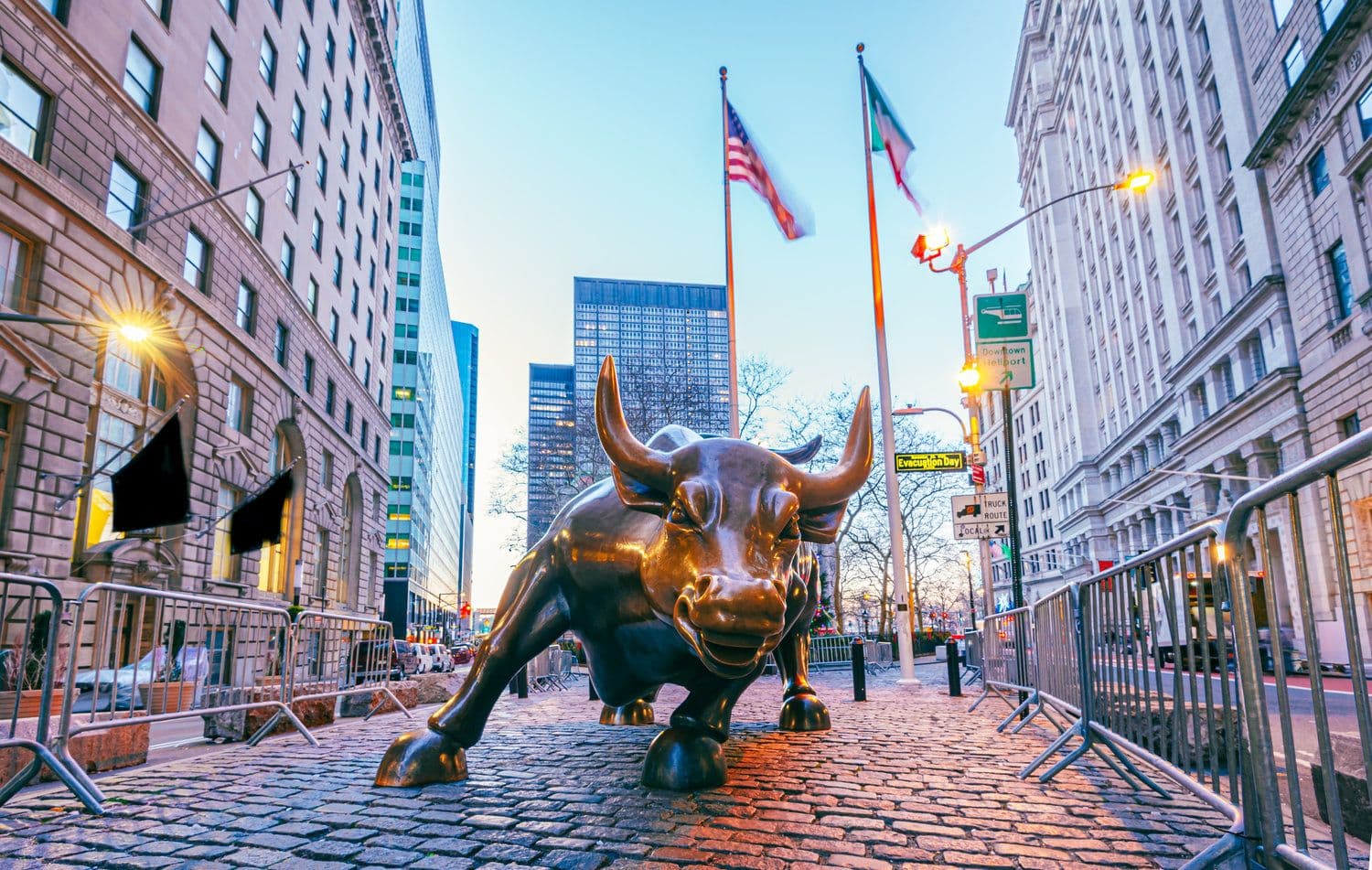After years of resistance, Wall Street's biggest names are now treating cryptocurrency as a legitimate asset class. The pivot comes as improved security measures and clearer regulations alleviate longtime concerns. Custody technology has advanced significantly, allowing firms to securely hold digital assets, while regulatory frameworks like Europe's MiCA provide structure to what was once considered a lawless realm.
Five leading institutions — Morgan Stanley, BlackRock, Charles Schwab, Goldman Sachs, and Deutsche Bank — have each followed unique paths into cryptocurrency markets, but collectively their journeys illustrate Wall Street's evolution from caution to full-fledged participation.
What to Know:
- The U.S. Securities and Exchange Commission approved the first spot Bitcoin ETFs in January 2024, ending years of resistance
- Global crypto market capitalization has rebounded into the trillions, with Bitcoin more than doubling in value in 2024
- Leading banks now offer crypto services ranging from custody solutions to derivatives trading, marking a dramatic shift from earlier skepticism
Why Wall Street Firms Were Reluctant to Embrace Crypto – And What Changed
For nearly a decade, top banking executives and regulators regarded cryptocurrency with suspicion or outright disdain. JPMorgan's Jamie Dimon famously called bitcoin "a fraud" and a "pet rock," while BlackRock's Larry Fink once dismissed it as an index of money laundering.
Such skepticism stemmed from crypto's extreme volatility and perceived connections to illicit activities. Bitcoin swung from nearly $20,000 in 2017 to under $4,000 a year later, reinforcing perceptions of digital currency as speculative rather than investment-worthy.
Regulatory obstacles intensified this hesitancy. The SEC repeatedly rejected bitcoin ETF proposals throughout the 2010s, citing market manipulation concerns. Bank regulators similarly discouraged direct cryptocurrency involvement. In Europe, regulatory uncertainty created a chilling effect — one report noted that 95% of EU banks avoided any crypto activities as of early 2025.
Behind closed doors, practical concerns also deterred executives. Questions about secure storage, risk management integration, and potential shareholder explanations if client funds disappeared loomed large. Many institutions preferred waiting until infrastructure issues were resolved.
The landscape shifted dramatically by mid-2020s as barriers eroded. The SEC's January 2024 approval of spot bitcoin ETFs marked a pivotal turning point. Within a week, nearly a dozen bitcoin ETFs launched on U.S. exchanges, signaling regulatory acceptance of mainstream crypto exposure.
This approval triggered broader regulatory clarity. U.S. accounting authorities rolled back rules that had made holding crypto on balance sheets difficult. The Federal Reserve withdrew earlier warnings discouraging banks from dealing with crypto startups. The European Union's MiCA law, fully implemented by late 2024, established comprehensive rules for crypto-assets.
Client demand became too significant to ignore. As the 2020-2021 crypto bubble deflated then reinflated in 2023-2024, interest broadened from tech enthusiasts to mainstream investors. Wealth management divisions reported increasing inquiries about bitcoin allocations as diversification tools or inflation hedges.
The crypto industry itself matured substantially. "The likes of BlackRock, Charles Schwab, Fidelity and Citadel throwing their hats into the crypto ring is hugely significant," noted one venture investor in mid-2023. By 2025, the market featured numerous compliance-focused firms eager to partner with traditional financial institutions.

Morgan Stanley: From Wealthy Clients to Retail Ambitions
Morgan Stanley became the first major U.S. bank to offer wealth management clients access to bitcoin investments in March 2021. Though initially cautious in scope — limiting participation to clients with at least $2 million and capping allocations at 2.5% of net worth — the move signaled that client demand had become impossible to ignore.
CEO James Gorman maintained measured optimism, stating in late 2021: "I don't think crypto's a fad, [or] going away. I just don't think it's a core investment."
By 2024, the bank's engagement had grown dramatically. Regulatory filings revealed that by Q2 2024, Morgan Stanley had accumulated approximately 5.5 million shares of BlackRock's iShares Bitcoin Trust (IBIT), worth $188 million. Combined with rival Goldman Sachs, Morgan Stanley invested over $600 million into bitcoin ETFs during the first half of 2024.
The firm expanded service offerings substantially. By mid-2024, Morgan Stanley's 15,000 financial advisors received authorization to recommend bitcoin ETFs to eligible clients. The bank also offered crypto-themed derivative products.
Now Morgan Stanley is targeting retail crypto trading. The bank is developing plans to add direct cryptocurrency trading to its E*Trade platform as soon as 2025. This would allow millions of everyday investors to buy and sell major cryptocurrencies directly from their brokerage accounts.
These discussions "began gaining momentum late last year," especially after regulatory shifts and the new administration's pro-crypto stance. The competitive calculus is clear — opening crypto trading to E*Trade users "could boost competition for incumbents including Robinhood and Coinbase," potentially capturing order flow currently directed to standalone exchanges.

BlackRock: Betting Big on Bitcoin as an Asset Class
BlackRock's approach to cryptocurrency represents a remarkable evolution from skepticism to leadership. CEO Larry Fink once dismissed bitcoin as "an index of illicit behavior" but has completely reversed course.
The asset manager began testing cryptocurrency waters quietly, allowing some mutual funds to add bitcoin as an eligible investment on a limited basis in early 2021. A bolder move came in summer 2022 with the launch of a private bitcoin trust for U.S. institutional investors, notably during a significant market downturn.
That same year, BlackRock partnered with Coinbase to integrate the exchange's trading and custody services into its Aladdin investment platform. This partnership enabled BlackRock's institutional clients to access cryptocurrency through Coinbase's infrastructure.
BlackRock's true statement of intent came in June 2023 when it filed for a spot Bitcoin ETF under its iShares brand. Given BlackRock's stature in the ETF industry, this application lent enormous credibility to the concept and prompted competitors to quickly follow suit.
The bet paid off spectacularly. When the SEC approved BlackRock's iShares Bitcoin Trust ETF in January 2024, investor interest proved massive. Within just four days, the fund amassed over $1 billion in assets — the fastest ever to reach that milestone among the new crypto funds.
By late May 2024, roughly five months after launch, BlackRock's Bitcoin ETF had become the world's largest Bitcoin investment vehicle, with nearly $20 billion in assets. It surpassed even the long-established Grayscale Bitcoin Trust, highlighting the power of BlackRock's reputation, liquidity and lower fees.
BlackRock now sees broad opportunities in digital assets. The firm has filed for an Ethereum ETF and explores blockchain technology more generally, particularly securities tokenization. Larry Fink has stated that bitcoin could "revolutionize finance" if used to facilitate tokenized transactions.
BlackRock's strategic rationale is multifaceted: responding to client demand, capturing first-mover advantage, positioning for long-term growth, and influencing regulatory discourse. The firm stands as a key conduit for institutional cryptocurrency investment, reassuring pension funds, endowments, and wealth advisors that bitcoin has Wall Street's blessing.

Charles Schwab: A Cautious Path to Crypto Integration
Charles Schwab has approached cryptocurrency with characteristic caution. Unlike some peers, Schwab didn't rush into bitcoin trading during periods of market excitement. Instead, the firm began carefully exploring the sector in 2022.
That August, Schwab launched the Schwab Crypto Thematic ETF (NYSE: STCE), investing not in cryptocurrencies directly but in companies likely to benefit from crypto and blockchain growth. This offered clients crypto sector exposure through a traditional stock portfolio, aligning with Schwab's reputation for incremental, long-term focused investment approaches.
A more significant step came in 2023 when Charles Schwab joined forces with other financial powerhouses to back a new cryptocurrency exchange called EDX Markets. This trading platform, funded by a consortium including Schwab, Fidelity Investments, and Citadel Securities, aims to serve both retail brokers and institutional investors in the U.S. crypto spot market.
Schwab's involvement was indirect — providing capital without directly running the exchange. This approach allowed Schwab to help shape the crypto marketplace while promoting a platform emphasizing regulatory compliance and security controls.
For Schwab, EDX represented recognition that crypto demand exists among its customer base of retail investors and independent financial advisors. Rather than risk clients migrating to external crypto exchanges, Schwab invested in building a safer alternative.
Through 2024, Schwab maintained its strategy of indirect involvement. The firm welcomed spot crypto ETFs, which it could comfortably offer like any other exchange-traded product. Meanwhile, EDX attracted additional investment and appointed new leadership, aiming to increase trading volumes.
Schwab's measured approach demonstrates how a major retail brokerage can transition into cryptocurrency while managing risk. By creating stepping stones — first via a stock-based ETF, then through an exchange venture — Schwab can influence emerging standards while waiting for regulatory clarity to improve.

Goldman Sachs: Wall Street Titan Turns Crypto Conduit
Goldman Sachs went from virtually disavowing cryptocurrency to actively trading it within just a few years. By 2025, the investment bank stands as one of Wall Street's most engaged participants in the crypto realm.
After briefly exploring bitcoin trading in 2018 before shelving those plans, Goldman moved decisively by early 2021. The bank rebooted its cryptocurrency trading desk, initially focusing on bitcoin futures and non-deliverable forwards.
By May 2021, Goldman became the first major U.S. bank known to conduct over-the-counter crypto trades, offering non-deliverable forwards on bitcoin and using CME bitcoin futures to hedge its own risk. This structure allowed Goldman to satisfy client demand within a manageable framework.
Goldman also invested in crypto companies. After FTX's 2022 collapse, the bank announced plans to spend "tens of millions of dollars" to buy or invest in distressed crypto firms. Mathew McDermott, Goldman's head of digital assets, noted that FTX's implosion "heightened the need for more trustworthy, regulated players" — a void Goldman could help fill.
The bank has explored tokenization — using blockchain technology to represent traditional assets digitally. In 2023, Goldman worked on its Digital Asset Platform to facilitate digital bond issuance, showing how cryptocurrency innovation can modernize conventional finance.
By 2024, Goldman had deeply integrated crypto into its markets business. When U.S. bitcoin ETFs launched, Goldman invested heavily, disclosing approximately $418 million in various bitcoin ETFs during Q2 2024. This included nearly 7 million shares of BlackRock's IBIT worth about $238 million.
Goldman executives have noted significant shifts in institutional attitudes. Speaking at a March 2024 conference, McDermott said, "the appetite is transformed" and that institutions were now joining retail investors in crypto markets. He highlighted a "big sea-change... in terms of volumes" and client types, with more hedge funds, corporations, and asset managers participating.
The bank now positions itself as a key intermediary for institutions entering cryptocurrency markets, offering block trade services, custody solutions through partnerships, and research coverage. Essentially, Goldman is transplanting its traditional market dominance into the crypto space.

Deutsche Bank: Embracing Digital Custody and Infrastructure
Deutsche Bank illustrates how European banking stalwarts have gradually pivoted toward digital assets after prolonged observation. By 2023, Germany's largest bank began taking concrete steps to incorporate crypto services, focusing primarily on custody and back-end support.
After years of caution, Deutsche Bank applied for a digital asset custody license from German regulator BaFin in June 2023. Then in September 2023, the bank announced a partnership with Swiss crypto technology firm Taurus to provide cryptocurrency custody and tokenization services for institutional clients.
This partnership enables Deutsche Bank to hold cryptocurrencies for clients and manage tokenized versions of traditional financial assets. The bank emphasized it was starting with custody rather than trading or brokerage services. "Crypto trading is not in the bank's immediate plans," a spokesperson stated in 2023.
Deutsche Bank sees strong business potential in serving as a trusted custodian as institutional adoption grows. "As the digital asset space is expected to encompass trillions of dollars of assets, it's bound to be seen as one of the priorities for investors and corporations alike," said Paul Maley, Deutsche Bank's global head of securities services.
By June 2024, Deutsche Bank announced another strategic move: facilitating banking access for crypto platforms. It formed a partnership with Bitpanda, a prominent Austrian crypto exchange, to handle fiat currency deposits and withdrawals for Bitpanda's German customers.
This integration gives Bitpanda's customers the reassurance of a major bank's backing for fiat transactions, while providing Deutsche Bank participation in the crypto ecosystem without directly handling digital assets. The bank emphasized its selective approach: "We only work with very selective partners and clients who demonstrate strong compliance processes," said Ole Matthiessen, Deutsche Bank's cash management head.
Deutsche Bank's measured entry into cryptocurrency services aligns with its strengths in custody expertise and banking networks. By facilitating connections between traditional and digital financial systems, the bank positions itself for a future where digital assets play an increasingly central role in global finance.
Conclusion
The embrace of cryptocurrencies by global finance giants marks a tipping point for both crypto markets and traditional banking. In just a few quarters, digital assets have transformed from peripheral curiosities to portfolio staples offered by Wall Street's biggest names.
For the cryptocurrency ecosystem, the entrance of firms like Morgan Stanley, BlackRock, Charles Schwab, Goldman Sachs, and Deutsche Bank brings unprecedented credibility and stability. Their involvement accelerates the development of robust market infrastructure that can support large-scale investment while injecting liquidity and oversight that could eventually reduce volatility.
In 2025, cryptocurrency is no longer an outsider to the financial system but rather a new realm within it — one that Wall Street's biggest players are actively cultivating. This mainstreaming points toward a future where digital assets sit alongside conventional investments in diversified portfolios, where blockchain networks underpin core banking processes, and where investors of all types access opportunities in this once-revolutionary domain.



